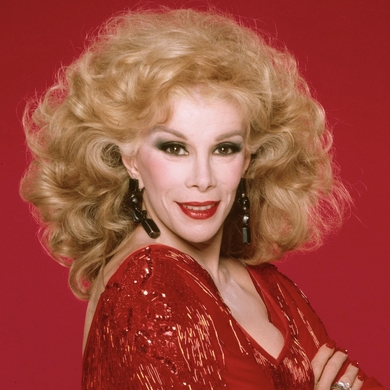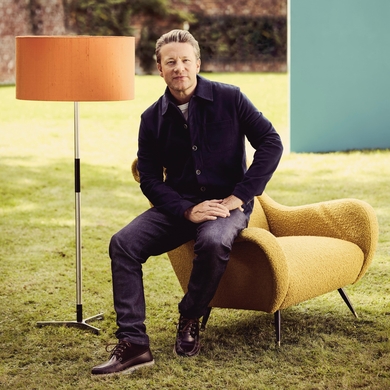Each episode opens with the sound of sirens. Journalist John Sweeney reports from the streets of Kyiv, where he’s been since the war began. From there, he can say whatever he likes about Putin, a liberty he’s taken since he saw Putin’s war crimes in Chechnya, 22 years ago. “Back then, no one listened to me,” Sweeney tells the Financial Times. “So when I see reports and see video of the Russian army bombing Ukrainian refugees as they flee, I feel sick.” Sweeney speaks openly about the blood on Putin’s hands. In the podcast’s first three episodes, he brings listeners into Ukraine, where we hear from two former tour guides at Chernobyl. In the third episode, we learn what happens to those who ask questions: Sweeney tells the story of Anna Politkovskaya, who reported on the war in Chechnya, was poisoned in 2004, and was shot dead in her apartment block in 2006. “No one else dared ask the questions she did,” says Sweeney, “and then her voice fell silent.” His own voice, for now, remains strong. —Clara Molot
Arts Intel Report
Taking on Putin

Vladimir Putin in Tuva, Russia, in March of last year.


